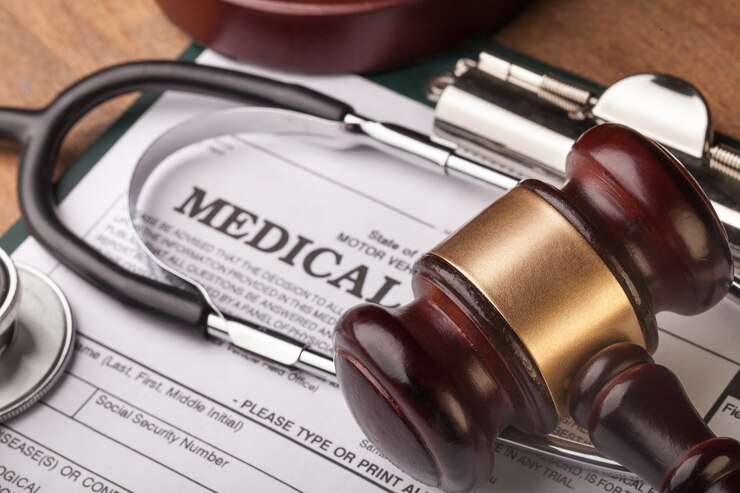When it comes to building a solid malpractice case, the key to success lies in the meticulous documentation of evidence. Malpractice cases can be complex and challenging, requiring a thorough and well-organized compilation of facts to establish a compelling argument. In this guide, we will explore the crucial steps involved in documenting evidence for a solid malpractice case, with insights from experienced malpractice attorneys who specialize in navigating these intricate legal landscapes.
Understanding Malpractice
Before delving into the documentation process, it’s essential to have a clear understanding of what constitutes malpractice. Malpractice occurs when a professional, such as a doctor, lawyer, or other service provider, deviates from the accepted standards of practice, resulting in harm or injury to the client or patient. Identifying the elements of malpractice is the foundation for building a strong case.
Seek Immediate Medical Attention
In cases involving medical malpractice, Brain Doc Attorney seeking prompt medical attention is crucial. Not only does this address the immediate health concerns, but it also establishes a direct link between the alleged malpractice and the resulting harm. Medical records, including diagnoses, treatment plans, and any subsequent complications, serve as pivotal pieces of evidence.
Preserve and Gather Medical Records
One of the most critical steps in building a malpractice case is obtaining and preserving medical records. Malpractice attorneys stress the importance of collecting comprehensive documentation, including admission records, test results, treatment plans, and communication between healthcare professionals. Ensure that the records are complete and accurate, as any omissions or inaccuracies can weaken your case.
Documenting Communication
Effective communication with healthcare providers is essential for building a strong case. Keep a detailed record of all interactions, including conversations, emails, and any written correspondence. Malpractice attorneys emphasize the significance of documenting not only what was said but also the date, time, and individuals involved. These records can help establish a timeline and provide context for the alleged malpractice.
Collect Witness Statements
Witness statements can significantly strengthen a malpractice case. If there were individuals present during the incident or who can attest to the consequences of malpractice, their statements can serve as valuable evidence. Malpractice attorneys advise obtaining written statements from witnesses, including their contact information, to support your case.
Retain Expert Witnesses
In many malpractice cases, expert witnesses play a crucial role in providing professional opinions on the standard of care and whether it was breached. Malpractice attorneys often work with medical experts or professionals in the relevant field to strengthen their client’s case. These experts can analyze the evidence, testify in court, and provide a credible opinion on whether malpractice occurred.
Document Damages
Quantifying the damages resulting from malpractice is essential for a successful case. This includes medical expenses, loss of income, pain and suffering, and any long-term effects on the victim’s quality of life. Malpractice attorneys stress the importance of thorough documentation to ensure that all relevant damages are accounted for in the legal proceedings.
Establishing Causation
Proving a direct link between the alleged malpractice and the resulting harm is a critical element in malpractice cases. Malpractice attorneys emphasize the need to establish causation by presenting medical evidence, expert opinions, and a clear timeline of events. This step is essential in demonstrating that the malpractice directly led to the damages suffered by the plaintiff.
Conclusion
Building a solid malpractice case requires careful and comprehensive documentation of evidence. By understanding the elements of malpractice, seeking immediate medical attention, preserving medical records, documenting communication, collecting witness statements, retaining expert witnesses, and thoroughly quantifying damages, you can enhance your chances of success. Malpractice attorneys bring a wealth of experience to these cases, guiding clients through the intricate process and leveraging their expertise to establish a compelling argument in court. Remember, a well-documented case is the key to achieving justice in malpractice litigation.

